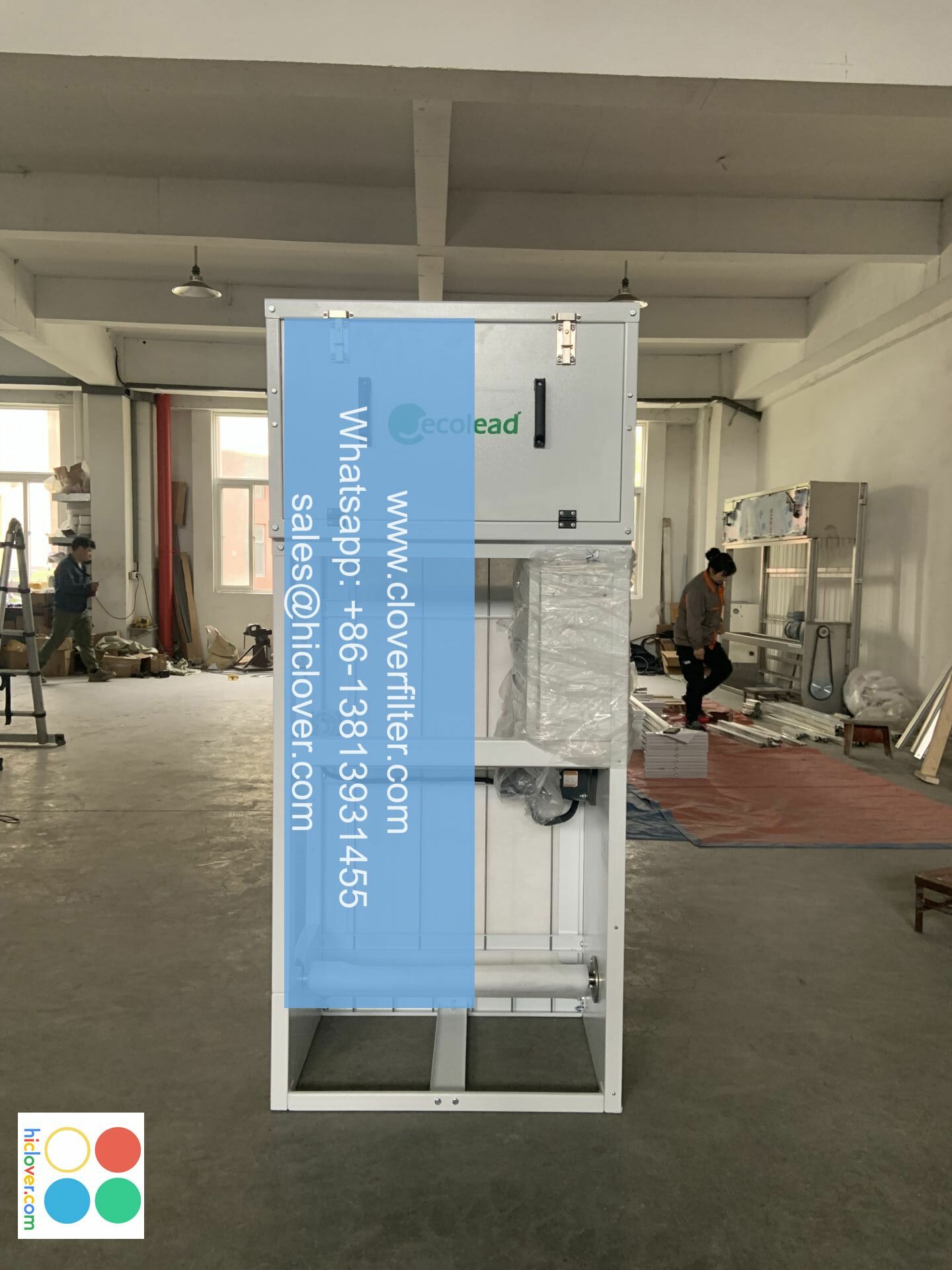The Role of HVAC Air Filters in Reducing Allergies

The Role of HVAC Air Filters in Reducing Allergies
Introduction
Allergies are a common problem that affects millions of people worldwide. From pollen to pet dander, there are many substances that can trigger allergic reactions. One often overlooked solution to reducing allergies is the use of HVAC air filters. In this article, we will explore the role of HVAC air filters in reducing allergies and highlight various application areas.
How HVAC Air Filters Work
HVAC air filters are designed to capture airborne particles, including allergens, dust, and other contaminants. They work by using a combination of mechanical and electrostatic forces to trap particles as small as 0.3 microns. This means that even the smallest allergens, such as dust mites and pet dander, can be effectively removed from the air.
Benefits of Using HVAC Air Filters
Using HVAC air filters can have a significant impact on reducing allergies. By removing allergens from the air, filters can help to:
- Reduce Symptoms: By removing allergens from the air, filters can help to reduce symptoms such as sneezing, congestion, and itchy eyes.
- Improve Indoor Air Quality: HVAC air filters can help to improve indoor air quality by removing pollutants and contaminants from the air.
- Prevent Allergic Reactions: By removing allergens from the air, filters can help to prevent allergic reactions and reduce the risk of asthma attacks.
Types of HVAC Air Filters
There are several types of HVAC air filters available, each with its own unique characteristics and benefits. Some of the most common types of filters include:
- Fiberglass Filters: These filters are made from fiberglass and are designed to capture larger particles, such as dust and hair.
- Pleated Filters: These filters are made from pleated paper or synthetic materials and are designed to capture smaller particles, such as dust mites and pet dander.
- HEPA Filters: These filters are made from high-efficiency particulate air (HEPA) materials and are designed to capture even the smallest particles, including dust, pollen, and pet dander.
- Activated Carbon Filters: These filters are designed to capture gases and odors, as well as particles.
Application Areas
HVAC air filters can be used in a variety of application areas, including:
- Residential Homes: HVAC air filters can be used in residential homes to improve indoor air quality and reduce allergies.
- Commercial Buildings: HVAC air filters can be used in commercial buildings to improve indoor air quality and reduce the risk of allergic reactions.
- Healthcare Facilities: HVAC air filters can be used in healthcare facilities to reduce the risk of airborne infections and improve indoor air quality.
- Industrial Settings: HVAC air filters can be used in industrial settings to improve indoor air quality and reduce the risk of airborne contaminants.
Conclusion
In conclusion, HVAC air filters play a crucial role in reducing allergies by removing allergens from the air. By using the right type of filter for your specific needs, you can improve indoor air quality, reduce symptoms, and prevent allergic reactions. Whether you are a homeowner, business owner, or healthcare professional, using HVAC air filters can have a significant impact on reducing allergies and improving overall health.
I’m ready to help! What would you like to talk about or get help with?


